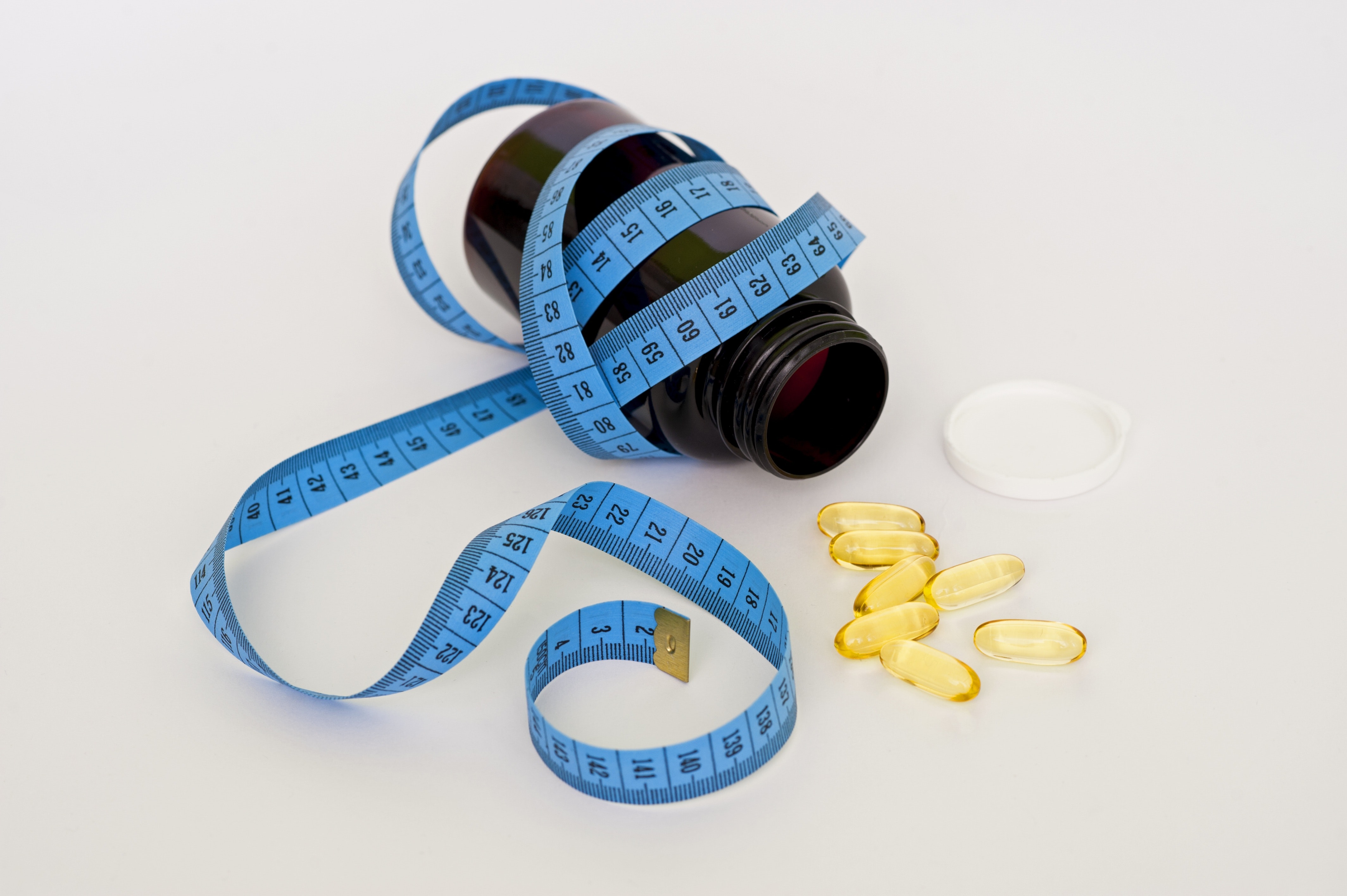I am reading the Amazon page for Garcinia Cambogia (GC) right now and I’m getting pretty fired up.
I’m looking at pictures of fit looking people and being told that GC “…is the clinically proven dosage to make it the most effective weight loss supplement in the market compared to other weight loss pills for women and men.*”
If you scroll down far enough, you will see the standard:
*These statements have not been evaluated by the Food and Drug Administration. This product is not intended to diagnose, treat, or cure any disease.
Spoiler Alert: While GC has been studied more than other weight loss supplements, and there’s a small chance it might lead you to lose up to 2 additional pounds IF you are also engaging in a high-fiber low-calorie diet, the only reason it might be more effective than other weight loss supplements on the market, is because the other supplements are also pretty useless.
This is not a new ad. Years ago when I was in grad school, I kept seeing pop up ads for garcinia cambogia. I decided to try to keep an open mind and do a little digging to see if there was any evidence to support these claims besides the claim that “Jessica from Detroit, MI” lost 45 lbs in 4 weeks!
Sadly, a few clicks later I saw that the same before and after picture of “Jessica” was also used to show that “Tina” from Atlanta had lost 38 lbs in 6 weeks, but this was done using green tea extract. I guess Tina and Jessica could have been identical twins, but given that the picture was an exact duplicate, I think its more likely its the sad reality that there are zero regulations on what ads can claim when trying to make a quick buck.
At that time, I found that a human study conducted in 1998 found no significant effect of garcinia cambogia on weight loss or percent of fat loss. In this study participants were randomly assigned to either 12 weeks of diet and exercise with GC or with a placebo pill (Hemysfield et al., 1998). Technically the GC group did lose 9 pounds where the placebo group lost about 7 pounds over 12 weeks, but there is no reason to think that was the pill itself, and it was frankly more likely to be random chance.
Since then, several other studies have come out, most of poor methodological quality. A meta-analysis came out in 2011, which reviews all published studies and makes an overall conclusion about the available research to date. This study found that similar to the study above there might be a weight loss of about 2 lbs in the GC group beyond placebo, however, authors state that results should be reviewed with extreme caution.
This review article does not mention the risk of bias, that is, the fact that other studies that might have had non-significant findings are much less likely to be published. Therefore, it very possible that if you added in such studies, the overall effect could very well be a big ‘ol zero.
60 pills will cost you about $12.95. This would be a 30 day supply if you take the recommended 2 pills per day. So this means you are paying $155 a year to maybe, possibly, lose 2 pounds. But again that is only IF you also follow a high-fiber low-calorie diet. Also, there has been some reports of liver toxicity in long-term use. Hmm…
For that price, you could buy an online streaming workout service for a year, a package of exercise classes in your area, or a bunch of whole fruits and veggies. Or better yet, go get that massage.
Clearly, my opinion is clear. Save your money.
The only way the diet industry will lose traction is if we demand evidence and stop blindly paying money for things that have not shown to be effective. So spread the word, do your research (or message me and I will help you out), before you grab your next “weight loss” pill.
Ready to Move Away from Dieting?
Check out my free 3-day science-backed guide to move away from dieting and reclaim your relationship with food here!
References
Heymsfield, S. B., Alilson, D. B., Vasselli, J. R. et al. (1998). Garcinia cambogia (Hydroxycitric Acid) as a potential antiobesity agent: A randomized controlled trial. Journal of the American Medical Association, JAMA. 1998;280(18):1596-1600. doi:10.1001/jama.280.18.1596
Onakpoya, I., Hung, S. K., Perry, R. Wider, B., and Ernst, E. (2011). The Use of Garcinia Extract (Hydroxycitric Acid) as a Weight loss Supplement: A Systematic Review and Meta-Analysis of Randomised Clinical Trials. Journal of Obesity, 9 pages doi:10.1155/2011/509038
